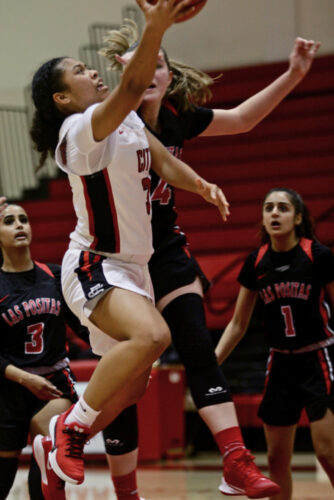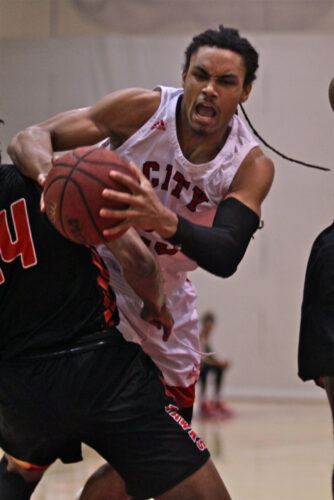City College Athletics Gearing Up for Unconventional Spring Season
By Kaiyo Funaki
Despite the uncertainty revolving around the spring sports schedule for 2021, the City College athletic department is preparing to proceed with the contingency plan set by the CCCAA back in July.
The contingency plan divides the spring semester into an early and late portion, limiting the maximum amount of contests to just 70% of the original schedule.
The early spring season runs from Jan. 18 to April 17, while the late spring schedule will start practice on March 27 and conclude by June 23.
Regional postseason competition is still allowed, but teams will no longer have the opportunity to participate in state championships.
However, student-athlete eligibility will remain unaffected by this season, meaning that participation in this upcoming season will not burn eligibility for future seasons.

California community colleges have until Dec. 15 to opt-in or opt out for the spring season, though Men’s Athletic Director Harold Brown assured that City College plans to participate next semester.
While City College is doing everything it can to prepare for this abbreviated season, Brown acknowledged the unique situation for players and coaches alike.
“It’s not going to be even a real season. It’s just to get games in so the kids can get film so they can be evaluated and hopefully get a scholarship.”
To prepare for the ongoing pandemic, teams will undergo comprehensive measures in order to best protect the health of the coaches and players.
Athletes will have their temperatures routinely taken and will have to fill in sign sheets indicating whether they have experienced symptoms of COVID-19 or been in contact with someone who has tested positive.
For close contact sports such as football, basketball, and volleyball, teams will have to test three times a week, with 25% of players getting tested per practice.
Lower contact sports such as swimming will be tested one or two times per week.
Athletes will work in smaller cohorts, and practices are expected to have designated blocks of time so as to minimize interaction between teams.
All athletes, staff, and officials will be tested 48 hours prior to intercollegiate competition, and masks will be worn by staff and everyone who is not actively playing.
Continual testing will be a financial strain, but Brown is hopeful that the college can get a discounted price by teaming up with other community colleges in the conference.
Though the athletic department received approval from the City College administration for this outline to return to play, teams are not allowed to conduct in-person activities until approved by the San Francisco Department of Public Health.

Until then, coaches will continue to interact virtually with their players, a task everyone has grown accustomed to during this hiatus.
Coach Justin Labagh of the men’s basketball team was hopeful that a season would take place, but he has continued to temper expectations and maintain transparency when communicating with his student-athletes.
“We don’t know what [the season] is going to look like. Everything still up in the air,” Labagh said. “When we have our meeting with our kids every week, it’s really difficult to tell them what’s actually going on.”
Sophomore defensive end and linebacker for the football team Dino Kahaulelio
emphasized the need for accountability amongst his teammates to ensure a safe environment.
“Honestly, I’m not too worried about the practices or playing against other teams. For me, it’s making sure that my teammates take this as seriously as they should, and understand that when we’re done with our workouts, we’re done with practices or games, that, instead of going and having fun, they should go relax at home,” he said. “The worst-case scenario for us is that we play a game and then have one or two kids test positive, and that results in the entire team having to sit out.”
Sophomore point guard for the men’s basketball team Kyree Brown echoed a similar sentiment in regards to the challenges the players will encounter as a team.
“It’s going to be interesting. Everybody is going to have to put their ego aside. We’re definitely going to have to be all in for the team, do what’s best for the team, and think selflessly.”
